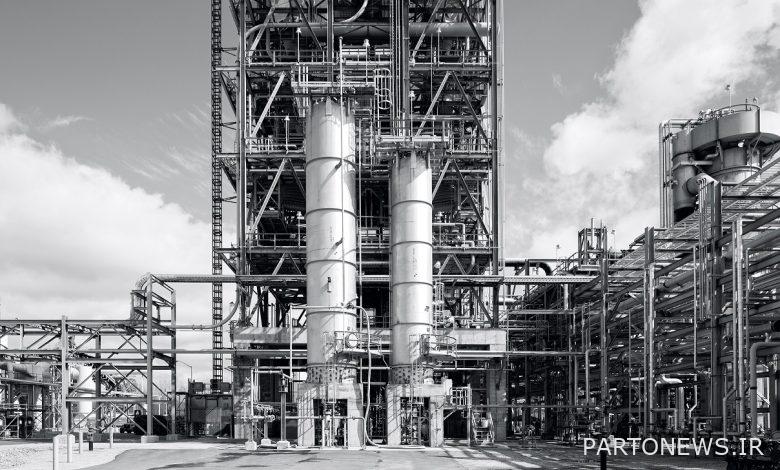KiOR, unsuccessful fight against the weakness of operational experience

In the startup environment, it is a habit to talk about successes to keep our hopes alive for the future, but it is a big mistake to forget the failures of the past and not benefit from the experiences of the past. For this purpose, the Ecomotive team has collected the experiences of a series of failed startups, so that reviewing their failed stories may be a basis for the success of new startups in Iran’s startup community. This collection will be published and made available to the audience in the form of the story of failure. We review the ninth part of this series, which deals with the story of KiOR’s startup failure.
Cure company in 2007, jointly by Dutch startups named Bivakun And Casella Venturis Launched. The purpose of establishing this company is to commercialize the Biocon process in the direct conversion of agricultural waste into bio-oil Was; A combination of small hydrocarbon molecules that can be converted into fuels such as diesel or gasoline in oil refineries.
According to Cure, this process has advantages over other biofuel production methods: non-toxic catalysis, relative cheapness, use of existing fuel refining and transportation infrastructure, and production of clean fuel that can be used in current engines. take
Cure was the owner of a factory that started its work with the goal of entrepreneurship for hundreds of people and with the aim of producing clean energy and renewable fuel and became the symbol of the future generation of bio-fuels. This ambition was largely due to the thinking of its big investor, Vinod Kasla, and the millions of dollars he spent in this way. All told, the company spent over $600 million to earn $2.3 million in a short period of time.
Cure was an important company for Casella. The person who wrote the magazine fortune In 2000, he called him “the most successful venture capitalist of all time”. Kasla was a billionaire who invested in special and rare fields. He wanted to invest heavily in clean energy. Casella spent hundreds of millions of dollars on more than 10 bio-fuel and bio-chemical companies. He believed that: “We can meet most of our gasoline needs in the next 25 years with biomass.” In order to achieve this goal, high-profile people have joined Cure as advisors or investors, including Condoleezza Rice, Tony Blair and Bill Gates.
The lack of employees with real operational experience was one of the important problems that faced the company; In 2013, Cure’s Mississippi facility ceased biofuel production, and external pressures, including a deteriorating climate for investing in green technologies and a sharp drop in oil prices, accelerated the company’s downfall. Finally, the factory declared bankruptcy in 2014.
Inspections of this company show that Cure exaggerated the volume of its production and misled investors. Casella and two of the company’s executives are accused of misleading investors about the volume of production, tampering with technical data to exaggerate the company’s commercial achievements, and deceiving lenders because they intended to continue providing their capital this way.
Today, many of the biofuel startups that Casella Ventures supported have been closed or sold for a small price, some have been converted to produce chemical and bio-based products.
Study proposal
How do you rate this article?


